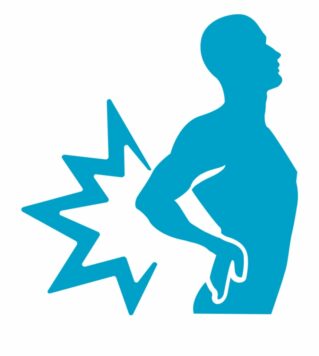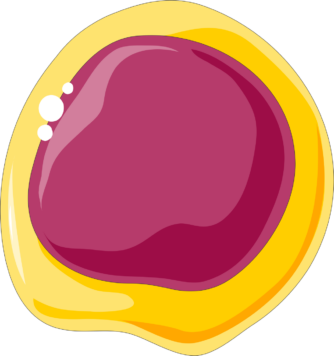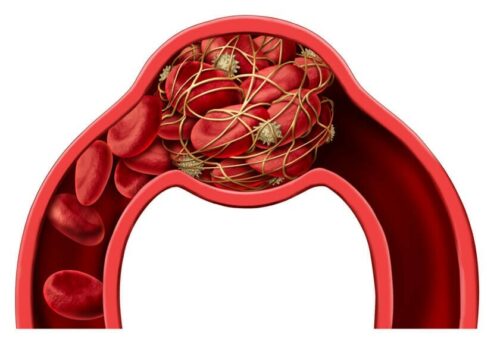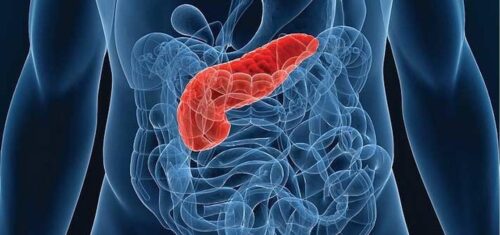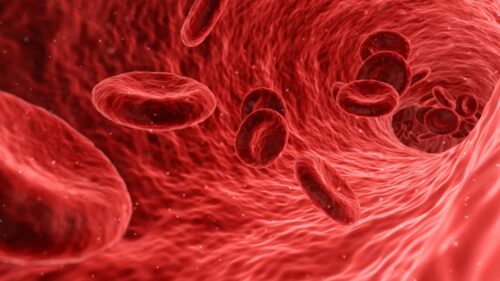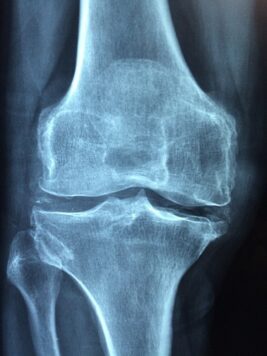Cerebral inflammation plays a crucial role in the pathophysiology of ischemic stroke and is involved in all stages of the ischemic cascade. Fullerene derivatives, such as fullerenol (OH-F) are radical scavengers acting as neuroprotective agents while glucosamine (GlcN) attenuates cerebral inflammation after stroke. We created novel glucosamine-fullerene conjugates (GlcN-F) to combine their protective effects and compared them to OH-F regarding stroke-induced cerebral inflammation and cellular damage. Fullerene derivatives or vehicle was administered intravenously in normotensive Wistar-Kyoto (WKY) rats and spontaneously hypertensive rats (SHR) immediately after transient middle cerebral artery occlusion (tMCAO). Infarct size was determined at day 5 and neurological outcome at days 1 and 5 after tMCAO. CD68- and NeuN-staining were performed to determine immunoreactivity and neuronal survival respectively. Cytokine and toll like receptor 4 (TLR-4) expression was assessed using quantitative real-time PCR. Magnetic resonance imaging revealed a significant reduction of infarct volume in both, WKY and SHR that were treated with fullerene derivatives. Treated rats showed an amelioration of neurological symptoms as both OH-F and GlcN-F prevented neuronal loss in the perilesional area. Cerebral immunoreactivity was reduced in treated WKY and SHR. Expression of IL-1β and TLR-4 was attenuated in OH-F-treated WKY rats. In conclusion, OH-F and GlcN-F lead to a reduction of cellular damage and inflammation after stroke, rendering these compounds attractive therapeutics for stroke.
0 items in your cart
Help center
Do you have any questions?
What would you like help with today? You can quickly take care of most things
here, or
connect with us when needed.
Can not find your answer? Please contact us
Send a question
Please try to describe your question as accurately as possible. The most
complete information will help us promptly respond to your message.
Question sent successfully
Thank you for contacting us, we will answer your question on example@gmail.com within 72 hours!
